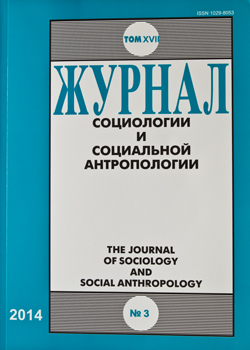Hartz Reforms: Turning Point in German Employment and Welfare Policy
Keywords:
welfare state reforms, labour market reforms, liberalization, Germany, Harz reforms
Abstract
The article treats the Hartz reforms in Germany. They have affected the institutions of the labor market and the welfare state. From the point of view of many observers, Hartz reforms are not only radical, but also path deviant in terms of path dependency. There has been continuous debate about the trajectory of institutional changes and the transformation of the German welfare and production regimes. Can the reforms be seen as an integral part of the liberalization process? Whether the reforms will undermine coordination capacities of the social partners? What does “institutional dualism” mean in the given context? These questions have provoked renewed interest in the concepts of “liberalization” and “coordination”. In this article, we propose a comparative analysis of the Hartz reforms from the perspectives of the varieties of capitalism approach, the comparative welfare-state theory, and the concept of non-liberal capitalism. We understand reforms as institutional adjustments to structural changes — namely, the end of the dominance of the industrial sector in the economy. It also means the end of the dominance of the universal institutional pattern. Increasing institutional diversity and sectoral differences in terms of institutional adjustments and in terms of trajectories of institutional changes, which can be observed in Germany, is a source of theoretical problems and challenges that political economists face today.
Published
2014-02-20
How to Cite
Shershneva, E. (2014). Hartz Reforms: Turning Point in German Employment and Welfare Policy . ZHURNAL SOTSIOLOGII I SOTSIALNOY ANTROPOLOGII (The Journal of Sociology and Social Anthropology), 17(3), 168–185. Retrieved from http://jourssa.ru/jourssa/article/view/664
Section
Social Policy

